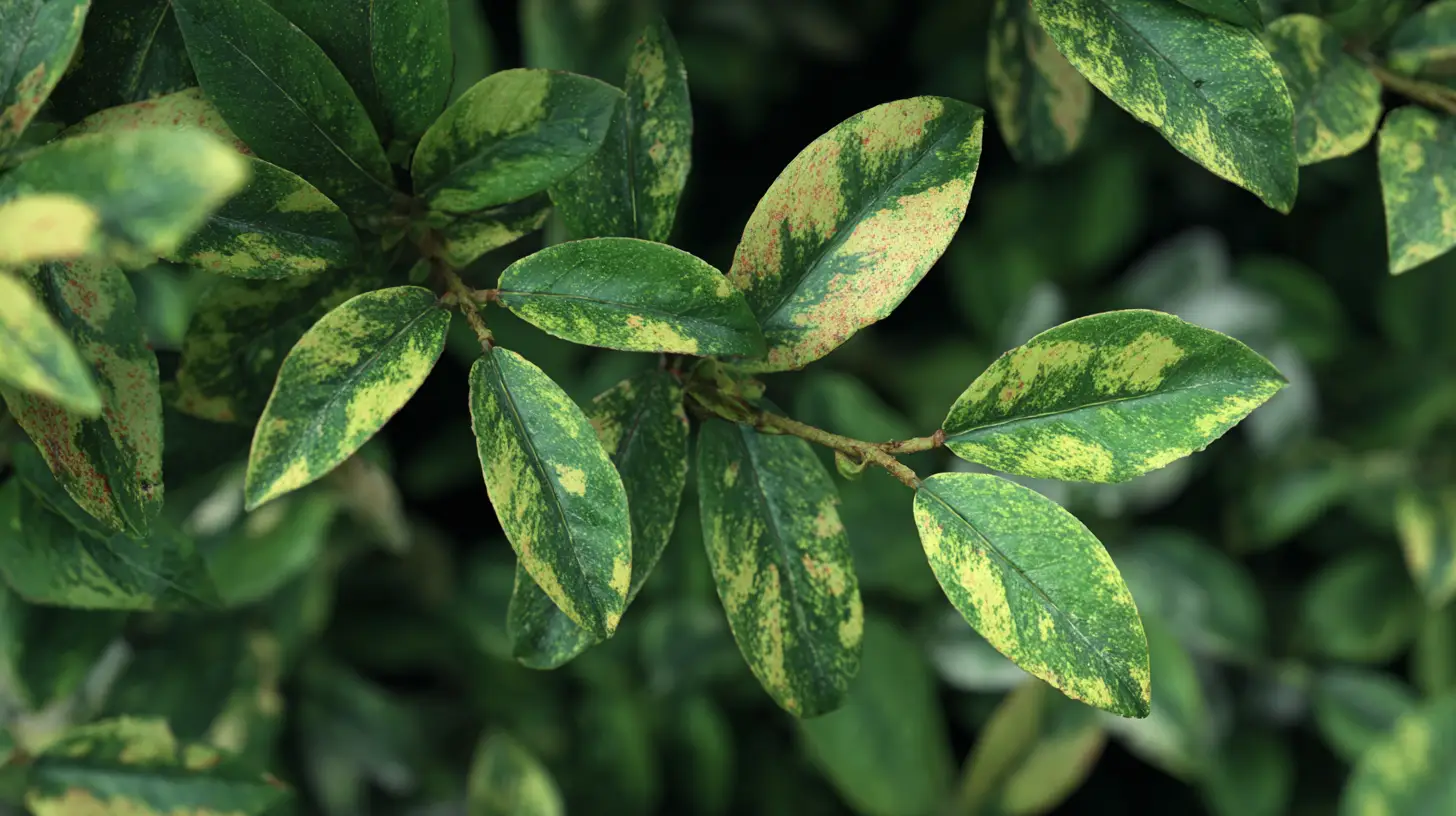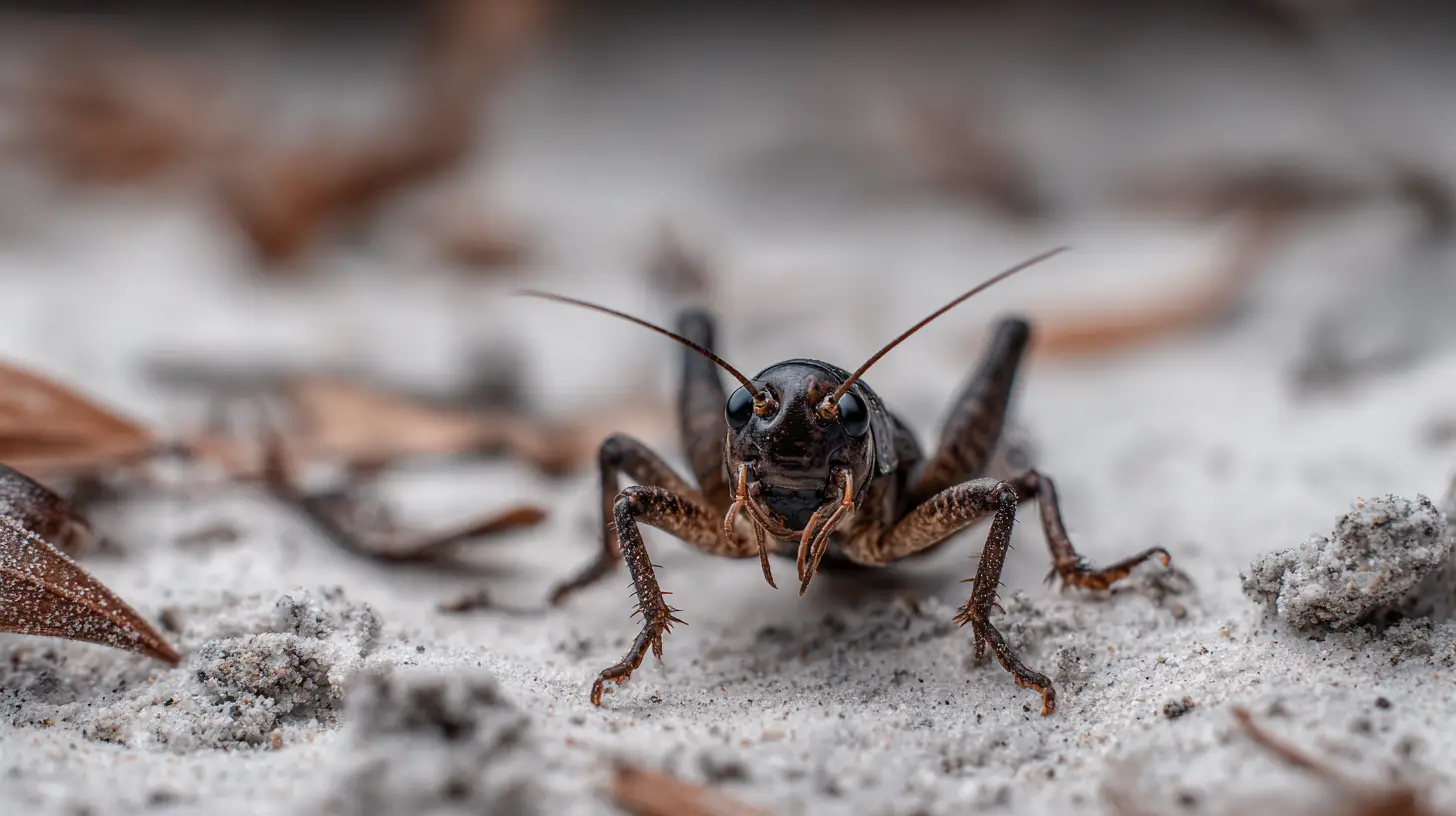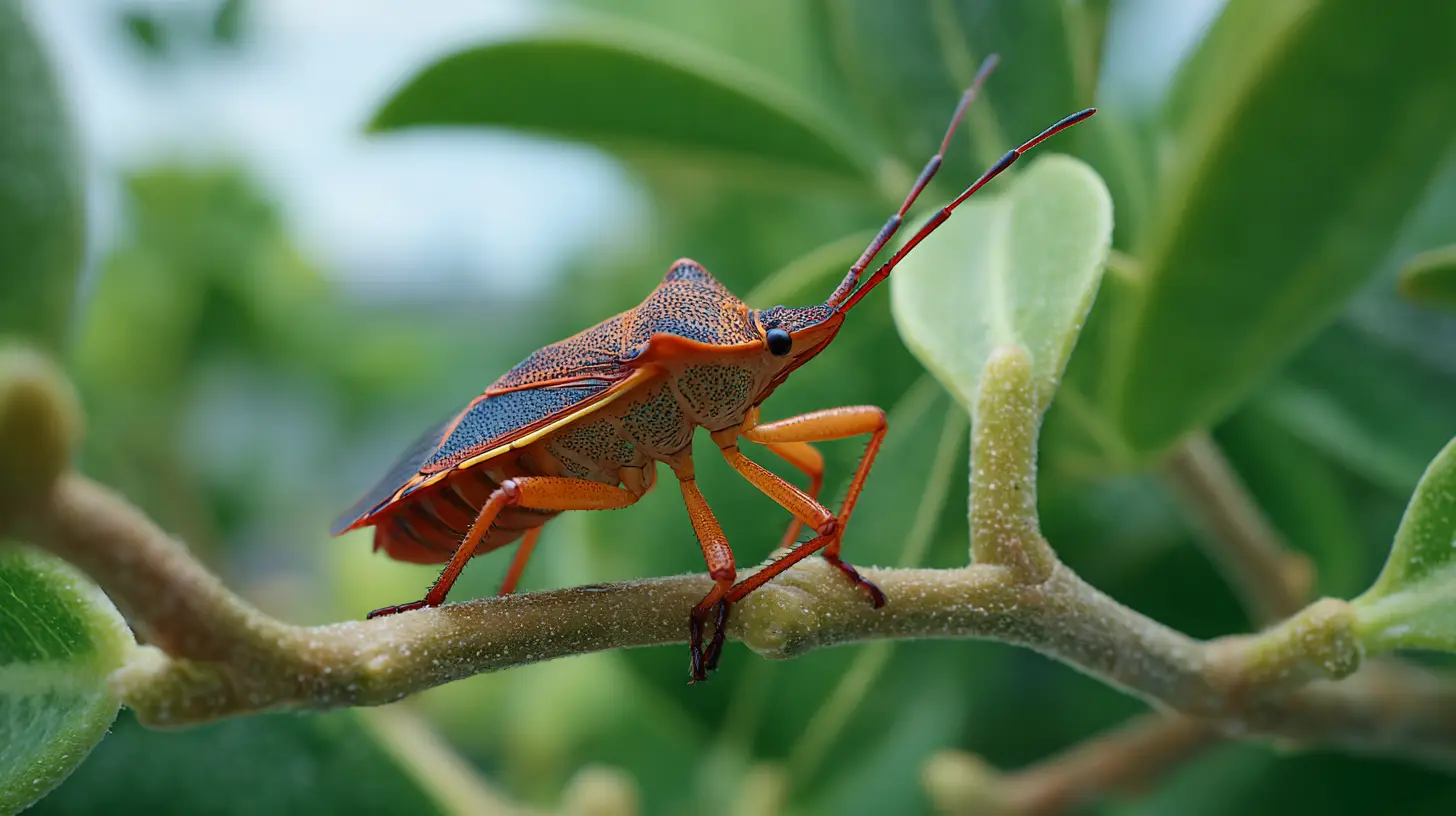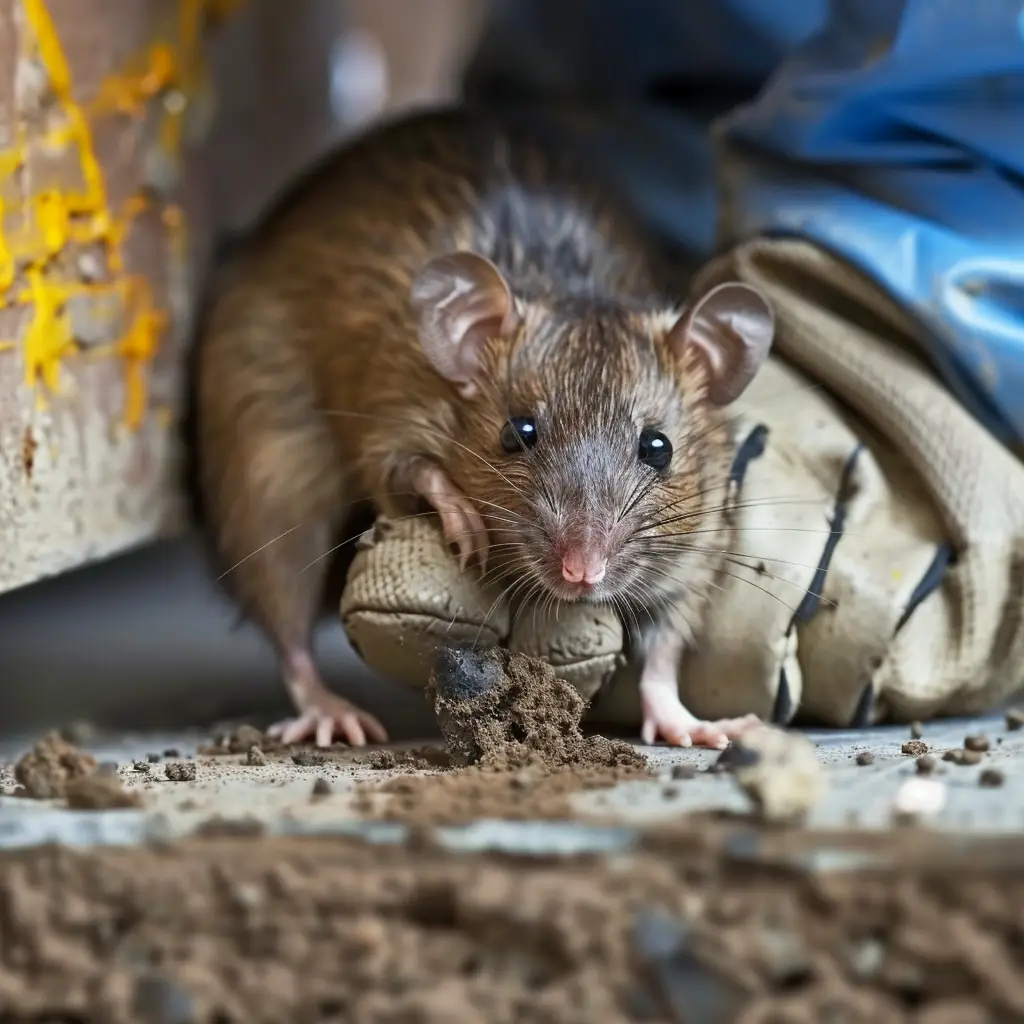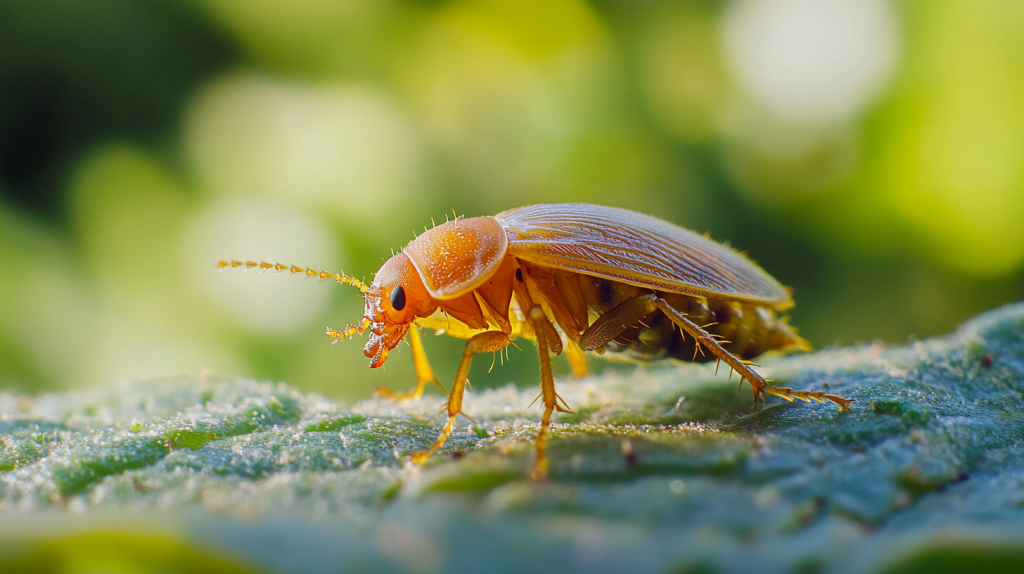
Table of Contents
Fleas in Bradenton, Florida aren’t just annoying little jumpers that make your dog scratch like crazy—they’re potential carriers of some pretty serious diseases that can affect both you and your furry family members. While most of us think fleas are just a pet problem, these tiny vampires can actually transmit several diseases to humans too.
Key Takeaways
- Flea-borne diseases are relatively rare in Bradenton, but our year-round warm, humid climate creates perfect conditions for flea populations to thrive.
- The most common flea-related illness is Cat Scratch Disease, spread through infected cats rather than direct flea bites.
- Prevention through regular pet flea treatments and home maintenance is far more effective than dealing with infestations after they occur.
- Most flea-related health issues can be prevented with proper pet care, consistent home cleaning, and professional pest control when needed
Why Bradenton is Flea Paradise (Unfortunately)
Bradenton’s subtropical climate is basically a flea’s dream vacation spot. Our warm temperatures and high humidity create ideal breeding conditions year-round—there’s no winter freeze to give us a break from these persistent pests. Add in our abundance of wildlife, feral cats, and outdoor pets, and you’ve got a recipe for flea populations that just keep multiplying.
The Manatee County area sees particularly high flea activity because of our proximity to natural areas where wildlife carries fleas, combined with dense residential areas where pets can easily spread infestations from yard to yard.
The Diseases You Actually Need to Worry About
Let’s cut through the fear-mongering and focus on what’s actually relevant to Bradenton residents:
- Cat Scratch Disease is by far the most common flea-related illness you might encounter here. While it’s not directly transmitted by flea bites, fleas spread the bacteria between cats, and infected cats can pass it to humans through scratches or bites. With our large population of feral and outdoor cats, this is something to keep on your radar.
- Murine Typhus sounds scary, but it’s extremely rare in Florida. We’ve had only a handful of cases statewide in the past decade, and none specifically reported in Bradenton. Still, it’s worth knowing about because it can be serious if left untreated.
- Flea Tapeworm is more of a concern for households with pets and small children. Kids are more likely to accidentally ingest infected fleas while playing with pets or in areas where fleas are present.

Get Pest-Free Today!
Trust Waves Pest Control for expert pest control in Bradenton, FL. Call now or request your free quote online!
Request a QuoteWhat These Diseases Actually Look Like
- Cat Scratch Disease typically starts with a red bump at the scratch site, followed by swollen lymph nodes, fever, and fatigue. Most people recover without treatment, but it can be more serious for those with compromised immune systems.
- Murine Typhus mimics the flu—fever, chills, headache, muscle pain, and sometimes a rash. The tricky part is that it’s often misdiagnosed as a viral infection, which is why early recognition matters.
- Flea Tapeworm infections usually cause abdominal pain, diarrhea, and weight loss. You might even see segments of the worm in stool, which is as gross as it sounds but not typically dangerous.
| Disease | Transmission | Symptoms/Issues for Humans | Treatment | Incidence in Florida/Bradenton |
|---|---|---|---|---|
| Murine Typhus (Endemic Typhus, caused by Rickettsia typhi) | Bite from an infected flea (often rat or cat fleas); bacteria enter through the bite wound or when flea feces are rubbed into scratched skin. Fleas acquire it from infected rodents or opossums. | Fever, chills, headache, muscle pain, rash (starting on trunk), nausea. If untreated, can lead to severe complications like kidney/liver damage, meningitis, or death (fatality rate ~1% with treatment, up to 4% without). Often misdiagnosed as flu. | Antibiotics like doxycycline; early treatment is key. Supportive care for symptoms. | Rare in Florida: 2 cases in 2011, 1 in 2009, 1 in 2007 statewide; 0 cases reported 2012–2023. No specific cases in Manatee County (Bradenton) in available data, but southern Florida’s urban areas with rodents pose a risk. More common in Texas and California, but Florida’s warm climate supports vectors. |
| Plague (caused by Yersinia pestis) | Bite from a flea infected by rodents (e.g., rats, squirrels); can also spread via handling infected animals or inhaling droplets (pneumonic form). Bubonic is the most common form. | Sudden fever, chills, weakness, swollen/painful lymph nodes (buboes); can progress to septicemia (blood infection) or pneumonia. High mortality (30–60% untreated); causes extreme fatigue, organ failure. Historically infamous for pandemics. | Antibiotics (e.g., gentamicin, ciprofloxacin); hospitalization often required. Vaccines are not widely available for civilians. | No human cases in Florida since a 1920 outbreak in Pensacola (last U.S. East Coast cases). U.S. averages ~7 cases/year, mostly in western states like New Mexico, Arizona. Florida has suitable fleas but no endemic rodent reservoirs; risk from imported infected animals. No Bradenton-specific incidents. |
| Cat Scratch Disease (CSD, or Cat Scratch Fever, caused by Bartonella henselae) | Fleas transmit bacteria between cats; humans get it via cat scratches/bites contaminated with flea feces, or rarely direct flea bites. Kittens under 1 year are common carriers. | Red bump at injury site, swollen lymph nodes (e.g., armpit/neck), fever, fatigue, headache. Usually mild and self-resolving, but can cause encephalitis, heart valve issues, or eye problems in immunocompromised people. | Often none needed; antibiotics (e.g., azithromycin) for severe cases. Pain relief for symptoms. | Common nationwide (~12,000 cases/year U.S.), but underreported in Florida. No statewide case counts available, but prevalent where feral/stray cats are common (e.g., Bradenton area). Fleas exacerbate spread among cats. Local vets note flea control as key prevention. |
| Flea Tapeworm (Dipylidium caninum) | Accidental ingestion of an infected flea (e.g., while grooming pets or by children); fleas act as intermediate hosts after ingesting tapeworm eggs from animal feces. | Abdominal pain, diarrhea, weight loss, anal itching; segments of worm may appear in stool. Rarely severe, but can cause malnutrition in heavy infections. | Antiparasitic drugs like praziquantel; easy to treat. | Rare in humans but possible in Florida pet-owning households. No specific incidence data; more common in children. Bradenton pest control sources highlight it as a risk from untreated pet fleas. |
| Tungiasis (caused by Tunga penetrans, the chigoe or sand flea) | Female flea burrows into skin (often feet/toes) in sandy areas; not true transmission but direct infestation. Common in tropical regions. | Intense itching, pain, inflammation, ulcers; secondary bacterial infections can lead to tetanus or gangrene if untreated. | Surgical removal of flea, wound care; antibiotics for infections. Prevention via footwear. | Very rare in Florida; more associated with travel to endemic areas (e.g., Africa, South America). No reported cases in Bradenton, but possible in imported sand/beach settings. |
| Flea Bite Allergic Reactions (Flea Allergy Dermatitis or Papular Urticaria) | Direct flea bites inject saliva, triggering allergic response in sensitive individuals. Not a disease but a common issue. | Red, itchy bumps in clusters (often on legs/ankles), hives, secondary skin infections from scratching. Can cause insomnia, anxiety from persistent itching. | Antihistamines, corticosteroids for itching; antibiotics for infections. Flea control is essential. | Widespread in Florida due to year-round fleas; Bradenton residents report high activity, leading to skin issues and pet infestations. Not tracked as a disease but a major nuisance. |
The Real Risk for Bradenton Families
Here’s the honest truth: while these diseases exist, most Bradenton residents will never encounter them. The bigger concern is the quality of life impact from flea infestations themselves. Constant itching, allergic reactions, and the stress of dealing with an infestation can make your home feel like a battleground.
Flea bite allergic reactions are way more common than any disease transmission. Red, itchy bumps that appear in clusters (usually on legs and ankles) can make life miserable, especially for sensitive individuals.
Your Pets Are the Frontline Defense
Your pets are basically flea magnets, but they’re also your best early warning system. If your dog or cat starts scratching more than usual, check for fleas immediately. Look for small, dark specks in their fur, or use a flea comb to catch the culprits.
Regular flea prevention treatments for pets are non-negotiable in Bradenton. Even indoor cats can get fleas from other pets or fleas that hitchhike indoors on clothing or shoes.
Prevention That Actually Works
Vacuum regularly, especially in areas where pets spend time. Wash pet bedding in hot water weekly. Keep your lawn mowed and remove debris where fleas might breed.
For your pets, use veterinarian-recommended flea prevention products consistently. Don’t rely on flea shampoos or home remedies—they’re often ineffective against established infestations.
If you’re dealing with wildlife in your yard (which is common in Bradenton), consider professional pest control to create a barrier around your property.
When to Call in the Professionals
DIY flea control works for minor issues, but Bradenton’s climate makes it tough to completely eliminate established infestations without professional help. If you’re still finding fleas after two weeks of consistent home treatment, it’s time to call the pros.
Professional pest control services understand the local flea lifecycle and can break the breeding cycle more effectively than store-bought products.
Red Flags That Need Medical Attention
See a doctor if you develop fever, chills, and headache after flea bites, especially if you’ve been around stray cats or wildlife. While rare, these could be signs of murine typhus or other infections.
Cat scratches that become infected, develop streaking, or are accompanied by swollen lymph nodes should also get medical attention.
Frequently Asked Questions (FAQs)
Can fleas in Bradenton carry plague?
No human plague cases have been reported in Florida since 1920. While the fleas that could carry plague exist here, we don’t have the infected rodent populations that would create risk.
Are flea diseases more common in certain areas of Bradenton?
Areas with high wildlife activity or large feral cat populations may have higher risk, but fleas can be found anywhere in Bradenton due to our climate.
How quickly can fleas spread disease?
Most flea-borne diseases require the flea to feed for several hours to days before transmission occurs. Quick removal of fleas reduces risk significantly.
Can I get sick from flea dirt or debris?
Flea feces can contain bacteria, and disturbing it during cleaning might create airborne particles. Always vacuum thoroughly and wash hands after cleaning flea-infested areas.
Do natural flea repellents work against disease transmission?
While some natural repellents may deter fleas, they’re not reliable enough to prevent disease transmission. Use proven flea prevention methods for your pets and home.
Should I be concerned about fleas at Bradenton’s parks and beaches?
Sand fleas at beaches are different from the fleas that carry diseases. However, parks with wildlife activity might have higher flea populations, so use insect repellent when spending time outdoors.





